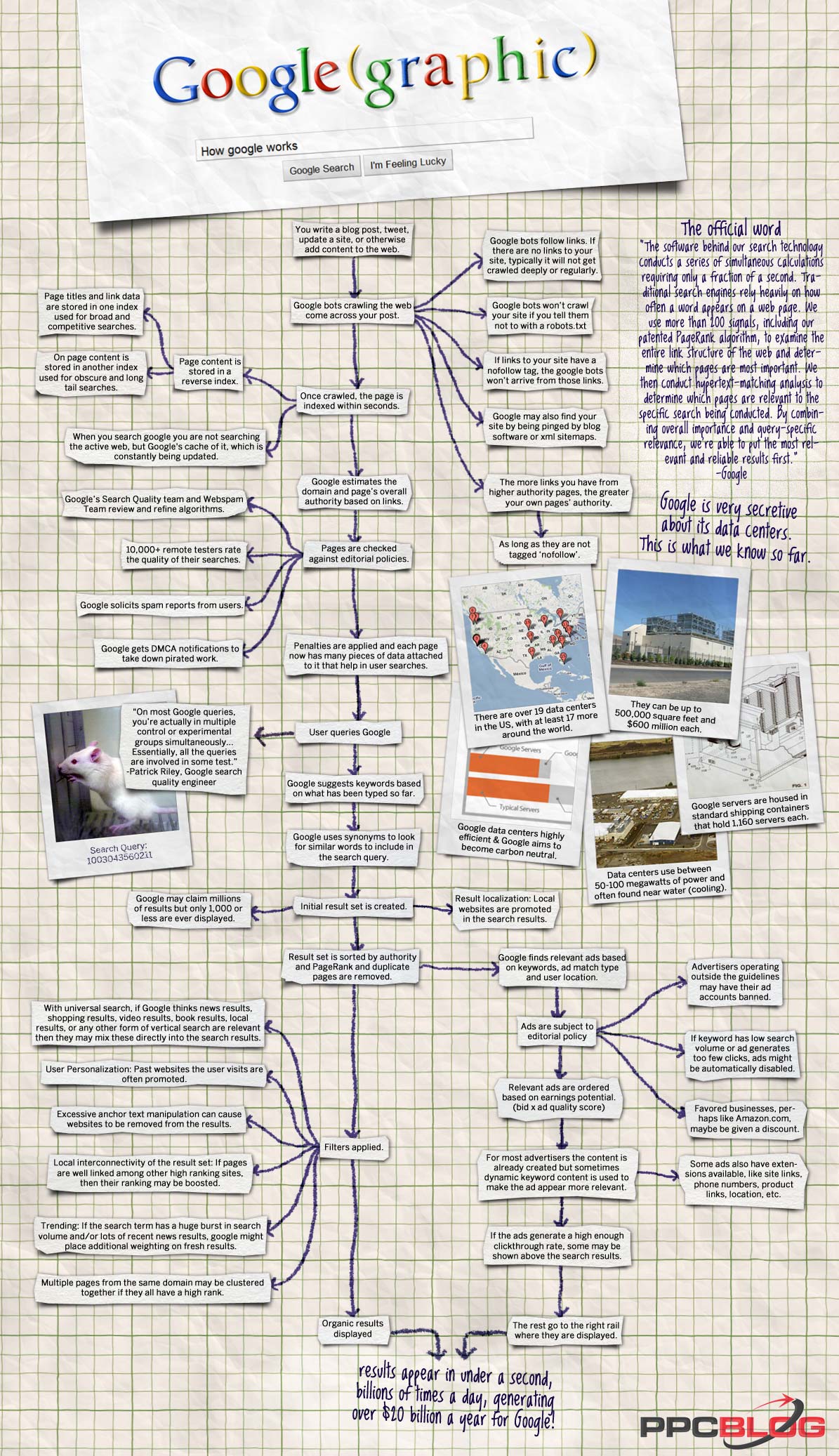In May 2006 I was overjoyed with Google books. I retold an anecdote where I was able to find a book after watching a documentary
[It] was mentioned briefly in a documentary tonight and it sparked my curiousity. So I looked for the book, searching the online databases of second hand bookstores. No luck. Then, almost as a joke, I googled it. And there it was on google books. Cool but it was not like I was going to read it online. Then I saw the download button. Within minutes of hearing of the book for the first time I had a pdf of it on my computer – Google books is too cool!
Amazing, fantastic, brilliant… but. There is a tendency to forget that Google is not a neutral infrastructure and therefore has no real desire to preserve and make available books – even when they have scanned them.
Dingodog led me to this problem via the PD-discussion list
Googlebooks has scanned tons of PUBLIC DOMAIN BOOKS, but not all PUBLIC
DOMAIN BOOKS are accessiblethere are a tons of PUBLIC DOMAIN BOOKS that Goglebooks non only has
left in snippet view, but that refuses to UNLOCK for full view (and they
are in PUBLIC DOMAIN!!!)I have a sad story to tell, about these public domain books left in
snippet view:since 2009 I’m complaining about a same set of PUBLIC DOMAIN BOOKS whose
copyright expired since more than 10-20 yearsI sent a mail every month, then every week, and all this during last
three years to report the erroneous classification of public domain
books as snippet view. Now I’m considering to send a mail every day, but
I’m not confident about effects; I think Googlebooks will ignore my
complaints, as it has ignored during these yearsit seems, in fact, that Googlebooks has absolutely no will to unlock,
even if user (as I have done) provides well documented biographical info
and cites the laws regulating the status of book in different countriesPeople complained about public domain books left in snippet view and
googlebooks user forum was full of these complaints with google
employees not only unable to unlock (maybe google not provided this
ability to employees, or it simply ignored requests), but seriously
lacking in knowledge of googlebooks structure
The discussion continues on the list but it is terribly important to know that scanning is not preservation and does not mean access. Additionally when Google makes these choices it is increasingly important to know this.
Another question I find interesting is the question of multiple copies. Will Google care enough to make multiple scanned copies available? Will we be able to see the errors and additions in certain volumes or not?
Sure the originals are still around but the problem is that with the convenience of Google people will forget this and focus on what is available online. Also the availability of Google books will prevent more rigorous projects from being carried out.


